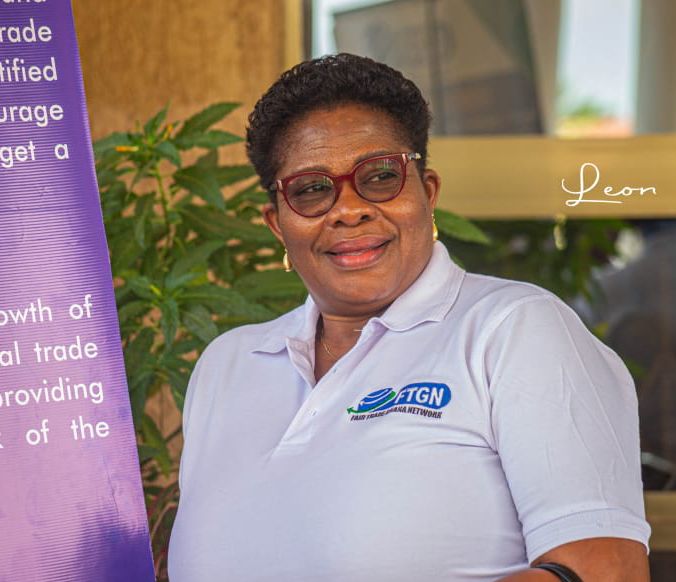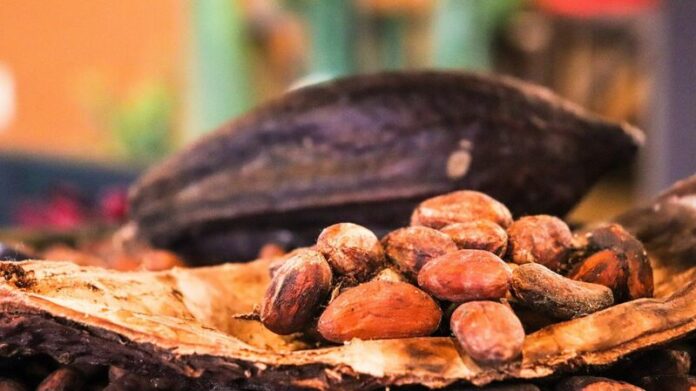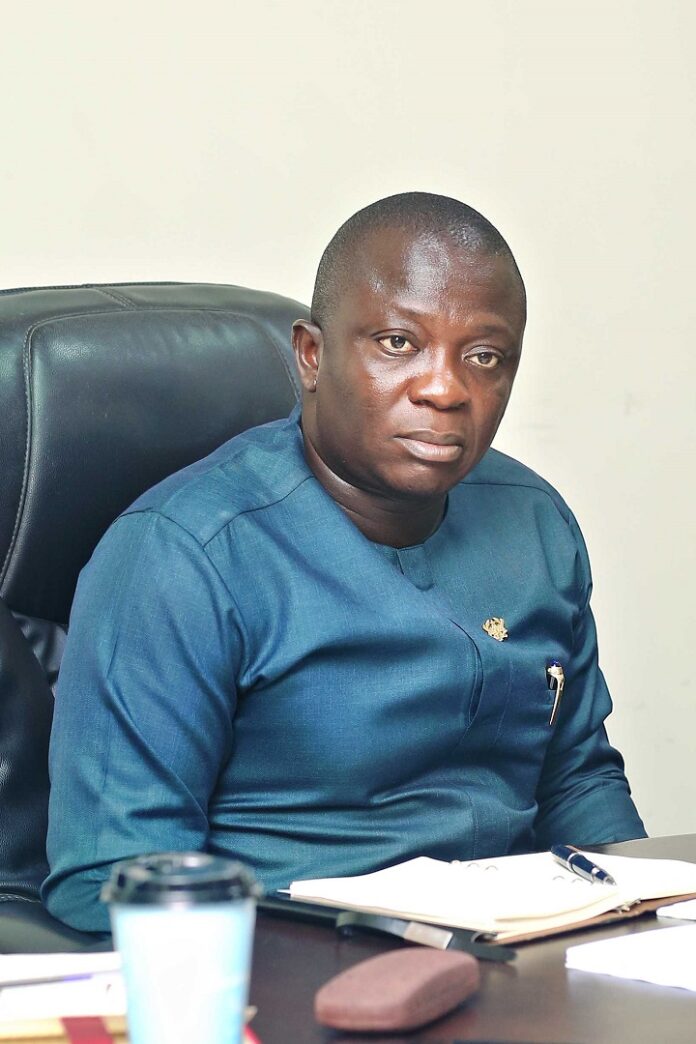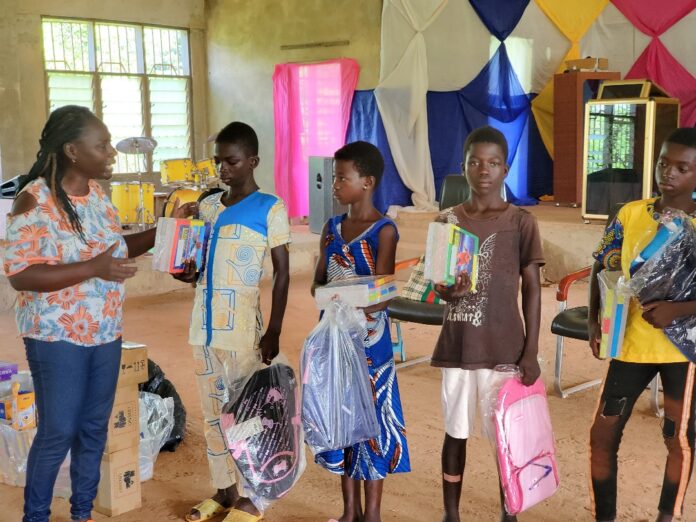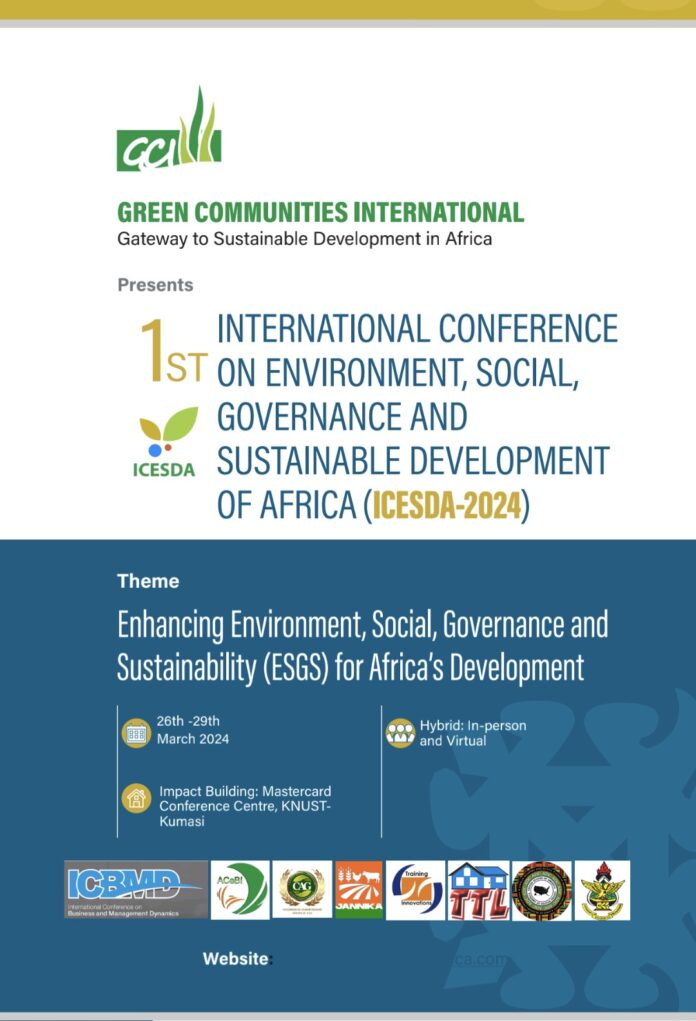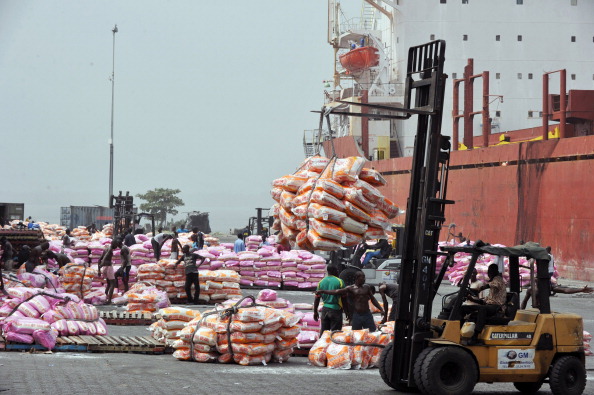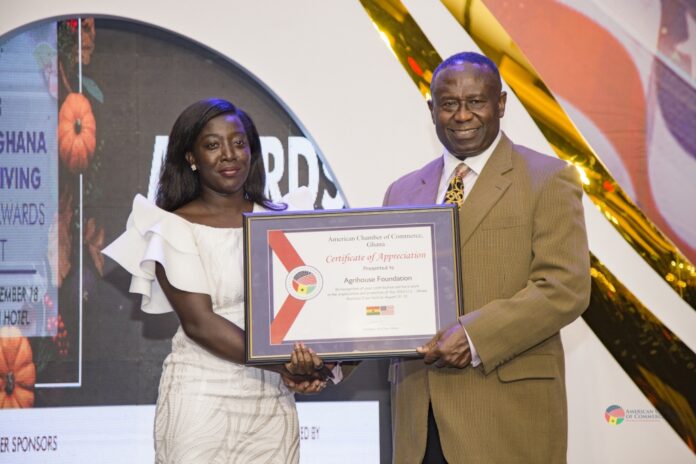In a bold and unprecedented move, Guzakuza, the vanguard for women in agribusiness, has thrust the 39th National Farmers Day into the spotlight, demanding an immediate overhaul of the event’s gender dynamics. The Founder of Guzakuza, Nana Adjoa A. Sifa has declared that the outcome of the upcoming Farmers Day will be scrutinised intensely, setting the stage for a provocative dialogue on gender equality in Ghana’s agriculture.
Background:
The 39th National Farmers Day is poised to unite farmers and leaders in Tarkwa under the theme ‘Delivering Smart Solutions for Sustainable Food Security and Resilience.’ However, beneath the surface of this seemingly harmonious gathering lies a glaring gender disparity that has ignited controversy.
Gender Gap:
Ghana’s flagship agricultural event has been marred by a stark gender imbalance in its history. Over the past two decades, only one woman, Madam Afua Frimponmaa, has claimed the prestigious award in 2004 at the age of 75. This eyebrow-raising gender gap raises critical questions about inclusivity and opportunities for women in the agricultural sector.
Guzakuza’s Call to Action:
Guzakuza calls for immediate attention to the gender imbalance and advocates for a groundbreaking shift in focus during this year’s Farmers Day. The organisation demands that smart solutions for sustainable food security and resilience prioritise and address the unique challenges faced by women in agribusiness.
Why it Matters:
The controversial spotlight on gender dynamics in this year’s event amplifies the urgency and significance of addressing these imbalances head-on. As Ghana strives for agricultural excellence, it must ensure that women are not only recognised but actively included and celebrated for their pivotal role in the sector.
Guzakuza’s Gender Agenda:
Guzakuza envisions a future where the National Farmers Day is not just a celebration of agriculture but a symbol of gender equality in action. The organisation asserts that a more inclusive and equitable platform will not only empower women but also catalyse transformative change in the entire agri-food industry.
For inquiries, please contact:
+233553333942
www.guzakuza.org


